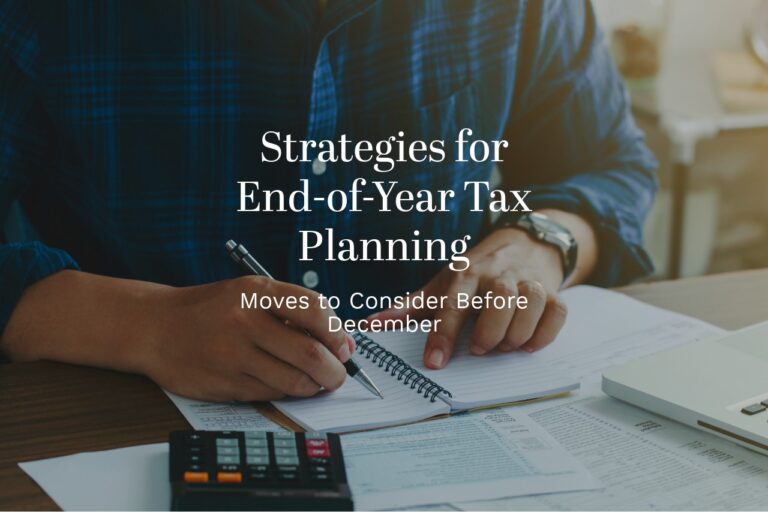Effective Strategies for Managing Healthcare Expenses During Your Retirement Years
Retirement is often seen as a time to relax and enjoy the fruits of decades of hard work, and it can be a rewarding experience. However, this phase of life also brings a significant shift in financial responsibilities, particularly concerning healthcare costs. Understanding and preparing for these expenses is crucial as healthcare needs typically increase with age. This guide provides a comprehensive overview of effectively preparing for healthcare costs in retirement, offering practical steps and considerations to help manage this essential aspect of your financial planning.
Understanding Healthcare Costs in Retirement
Healthcare costs are one of the largest expenses retirees face. These costs can vary based on several factors, including your health status, the type of insurance coverage you have, and where you live. According to recent data from the Employee Benefit Research Institute (EBRI), a 65-year-old couple retiring today might need approximately $413,000 to cover healthcare expenses throughout retirement. This estimate includes premiums for Medicare Parts B and D, Medigap insurance, and out-of-pocket expenses.
Key Components of Healthcare Costs
As you begin preparing for healthcare costs in retirement, here are several components to be aware of:
Medicare: Medicare is the federal health insurance program for people aged 65 and older. It consists of several parts:
- Part A covers hospital stays, skilled nursing facility care, and some home health care.
- Part B covers doctor visits, outpatient care, medical supplies, and preventive services.
- Part D covers prescription drugs.
Medigap: Also known as Medicare Supplement Insurance, Medigap policies can help pay some of the healthcare costs that Original Medicare doesn’t cover, such as copayments, coinsurance, and deductibles.
Medicare Advantage (Part C): These are plans offered by private companies approved by Medicare. They include all benefits and services covered under Part A and Part B, usually Part D, and often additional benefits such as vision, hearing, and dental.
Out-of-Pocket Costs: Even with Medicare, you will still have out-of-pocket costs, including premiums, deductibles, copayments, and coinsurance.
Long-Term Care: Traditional health insurance and Medicare do not cover long-term care costs, which include services that help with basic personal tasks of everyday life, such as bathing, dressing, and eating. Long-term care insurance may assist in covering these expenses, but premiums can be high and it may not be the best option for everyone.
Strategies for Managing Healthcare Costs
1. Start Planning Early
The earlier you start preparing for healthcare costs in retirement, the better prepared you will be. Consider incorporating healthcare costs into your overall retirement savings plan. Regularly review and adjust your plan as needed to account for changes in your health status and healthcare needs.
2. Understand Your Medicare Options
Medicare can be complex, so it’s important to understand your options and what each part covers. Compare different Medicare Advantage and Medigap plans to find one that suits your healthcare needs and budget. Remember that the costs and coverage of these plans can vary significantly, so be diligent in your research and find what is best for your unique needs.
3. Consider Health Savings Accounts (HSAs)
If you are still working and have access to a high-deductible health plan (HDHP), consider contributing to a Health Savings Account (HSA). HSAs offer triple tax benefits: contributions are tax-deductible, growth is tax-free, and withdrawals for qualified medical expenses are tax-free. HSAs can be a valuable resource for covering healthcare costs in retirement.
4. Budget for Healthcare Costs
Create a detailed budget that includes estimated healthcare expenses. Consider current costs and how they might increase over time due to inflation and changes in your health. Having a clear understanding of your anticipated expenses can help you manage your finances more effectively in retirement.
5. Explore Long-Term Care Insurance
Long-term care insurance can help cover the costs of services that assist with daily living activities. Policies can vary widely, so it’s important to compare options and choose a plan that fits your needs and financial situation. Be aware that premiums for long-term care insurance can be high, and it’s usually more cost-effective to purchase a policy before reaching retirement age.
6. Maintain a Healthy Lifestyle
While some healthcare costs are unavoidable, maintaining a healthy lifestyle can help reduce medical expenses. Regular exercise, a balanced diet, and routine health check-ups can help prevent chronic diseases and manage existing conditions, potentially lowering your healthcare costs in retirement.
7. Review and Update Your Plan Regularly
Healthcare needs and costs can change over time, so part of preparing for healthcare costs in retirement is about reviewing and updating your plan regularly. Keep track of your healthcare expenses and adjust your budget and savings strategy as needed to stay on track.
Are You Proactively Preparing for Healthcare Costs in Retirement?
Preparing for healthcare costs in retirement involves careful planning and informed decision-making. By understanding the key components of healthcare expenses, exploring various strategies to manage these costs, and regularly reviewing your plan, you can navigate this complex aspect of retirement more effectively. Taking proactive steps now can help you manage your healthcare needs and maintain financial stability throughout your retirement years.
Illuminated Advisors is the original creator of the content shared herein. I have been granted a license in perpetuity to publish this article on my website’s blog and share its contents on social media platforms. I have no right to distribute the articles, or any other content provided to me, or my Firm, by Illuminated Advisors in a printed or otherwise non-digital format. I am not permitted to use the content provided to me or my firm by Illuminated Advisors in videos, audio publications, or in books of any kind.








